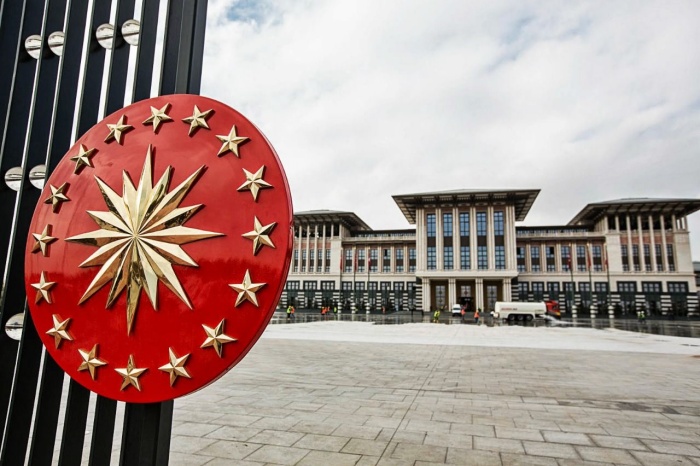Turkey’s presidential system of governance, which was approved in a referendum in 2017 and came into effect in 2018, is the main reason for the country’s economic woes for 57 percent of Turks, according to a survey by the Yöneylem Social Research Center.
Through a referendum in April 2017, Turkey switched from a parliamentary system of governance to an executive presidential system that granted President Recep Tayyip Erdoğan and his ruling Justice and Development Party (AKP) sweeping powers and was criticized for removing constitutional checks and balances, thus leading to a further weakening of Turkish democracy.
The survey, titled “Citizens’ Perceptions of the Causes of the Economic Crisis,” was conducted by Yöneylem Research between July 27 and 31 on 2,100 people in 27 provinces.
According to the survey, 72 percent of respondents believe that incompetence in governance is the reason for the crisis, while 77 percent see mistakes in economic policy as the culprit. Thirty-two percent of respondents agreed with the government’s oft-stated claim that “attacks by foreign powers” were to blame.
After the presidential and parliamentary elections in May, in which President Recep Tayyip Erdoğan secured another five years at the helm of Turkey, his government initiated a U-turn from unorthodox policies that included interest rate cuts which had triggered a lira crisis and sent inflation soaring.
Inflation has become a pressing issue in Turkey, reaching an annual rate of 47.83 percent in July, according to official data.
A recent survey conducted by ASAL research highlights the concern, with 70 percent of Turks identifying inflation as the most pressing issue in the country. Regarding political solutions, the survey showed mixed opinions, with 27.9 percent of respondents showing faith in the ruling AKP to address the nation’s problems, such as high inflation, while 26.7 percent believed that no existing party is capable of doing so.
